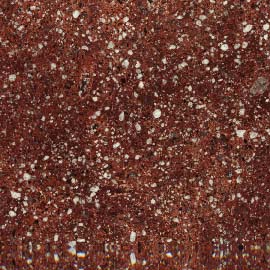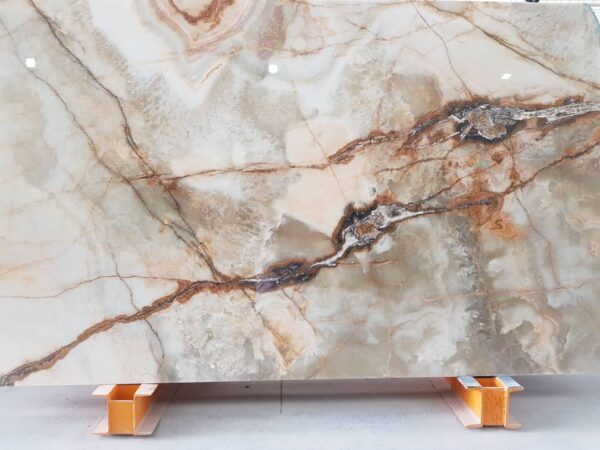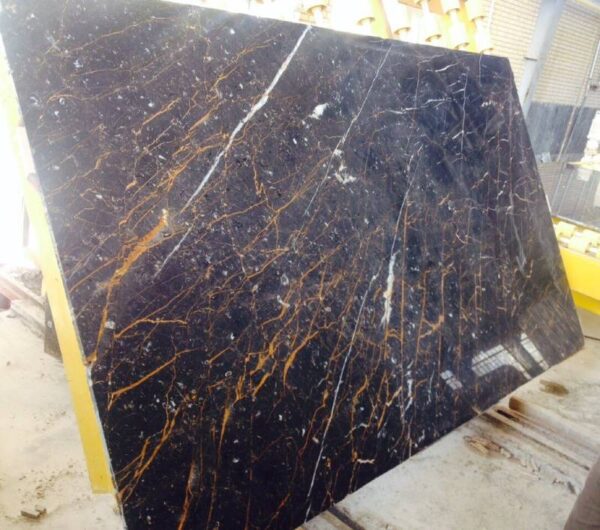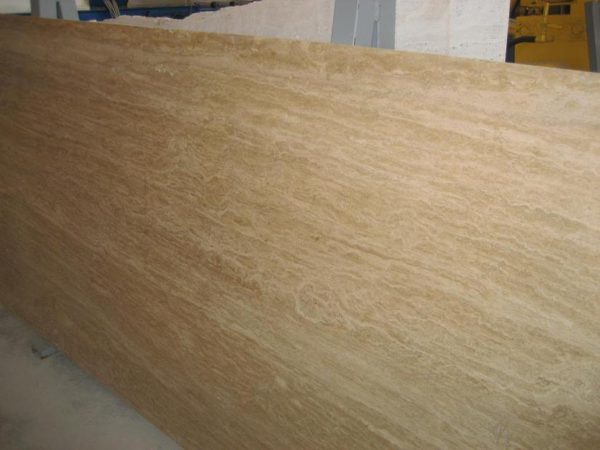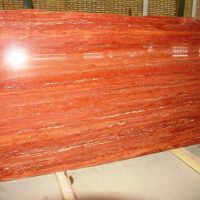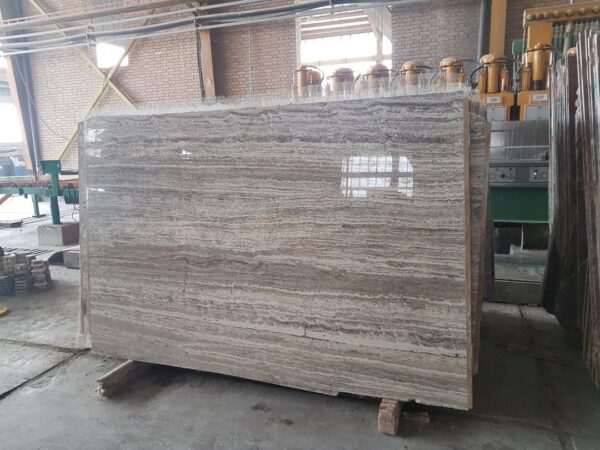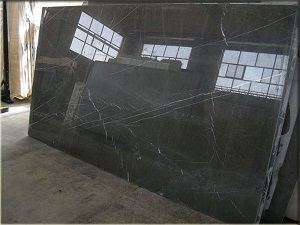A Complete Guide
Is It Safe to Use Clorox Wipes on Granite?
Granite countertops are a popular choice for kitchens and bathrooms due to their durability and aesthetic appeal. However, proper care is essential to maintain their beauty and longevity. One common question is whether Clorox wipes are safe to use on granite. While Clorox wipes are convenient for cleaning, they may not be the best choice for natural stone surfaces like granite. This guide will explore the effects of using Clorox wipes on granite and recommend safer alternatives.
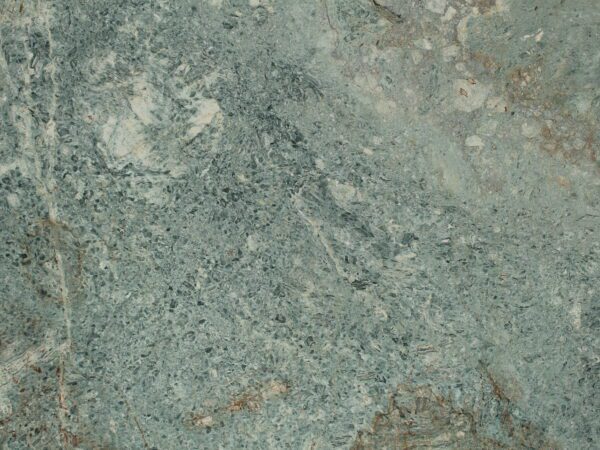


How Clorox Wipes Can Damage Granite
Clorox wipes contain disinfecting agents and chemicals that are highly effective at killing germs, but they can be too harsh for natural stone surfaces like granite. Here’s why Clorox wipes might not be suitable for granite countertops:
- Acidic Ingredients: Many disinfecting wipes, including Clorox, contain acidic ingredients such as citric acid or alcohol. These acids can strip away the protective sealant on granite, leaving the stone vulnerable to stains, scratches, and etching.
- Erosion of Sealant: Granite countertops are typically sealed to protect the porous surface from absorbing liquids and stains. Over time, the harsh chemicals in Clorox wipes can erode this sealant, reducing its effectiveness and leading to damage.
- Discoloration and Dullness: Regular use of Clorox wipes may lead to discoloration and dullness in your granite countertops. The harsh chemicals can cause the surface to lose its shine, making the granite appear worn and less vibrant over time.
What to Use Instead of Clorox Wipes on Granite
To keep your granite countertops in excellent condition, it’s important to use products that are safe for natural stone. Here are some recommended cleaning alternatives that are gentle and effective:
- pH-Neutral Cleaners: Look for pH-neutral cleaners specifically designed for granite and other natural stone surfaces. These cleaners are formulated to clean without damaging the sealant or stone, ensuring your countertops remain protected.
- Warm Water and Mild Dish Soap: A simple solution of warm water and mild dish soap is an excellent way to clean granite surfaces. It’s safe, effective, and won’t strip away the sealant. Just dampen a soft cloth or sponge with the solution and wipe down the surface, followed by a dry cloth to prevent water spots.
- Microfiber Cloths: For daily maintenance, microfiber cloths are ideal for wiping down granite countertops. They’re gentle on the surface, help remove dust and debris, and won’t scratch or dull the stone.
- Homemade Granite Cleaner: You can create a homemade granite cleaner using water, rubbing alcohol, and a few drops of mild dish soap. This mixture helps disinfect the surface without causing harm to the granite. Just be sure to avoid any acidic ingredients like vinegar or lemon.
Can You Use Vinegar On Travertine
Best Practices for Maintaining Granite Countertops
Granite countertops can last for decades if properly maintained. Here are some tips to ensure the longevity and beauty of your granite:
- Seal Regularly: Granite should be sealed every 1-2 years to maintain its resistance to stains and moisture. A properly sealed countertop is easier to clean and less likely to be damaged by cleaning products.
- Wipe Spills Immediately: Acidic liquids such as wine, juice, and vinegar can damage granite surfaces if left to sit. Always wipe spills immediately to avoid potential stains or etching.
- Avoid Harsh Cleaners: Stay away from abrasive scrubbing pads, bleach, ammonia, and other harsh cleaners that can degrade the stone’s surface and sealant. Stick to gentle, stone-safe products.
- Use Cutting Boards and Trivets: While granite is durable, it’s a good practice to use cutting boards when preparing food and trivets under hot pots and pans. This helps protect the surface from scratches and heat damage.

